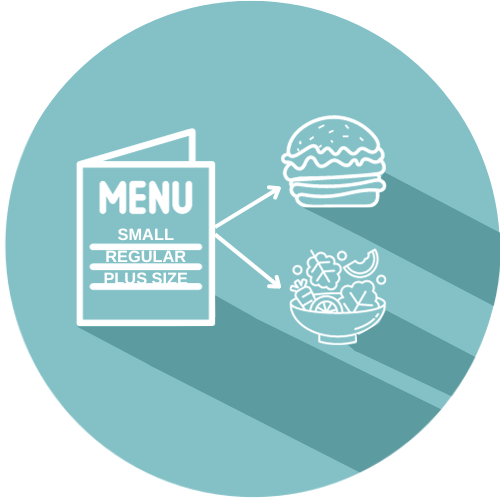If you are a pet owner, chances are high you are guilty of talking to your cat or dog as if it’s human. Or even give it its own little raincoat when the weather is bad. That sort of interaction is how we create a strong emotional bond with our pet and how it becomes part of the family. Or maybe you give your car a name. A bit strange, but it helps to create a sense of personal connection and attachment to the vehicle. Ever heard of the movie Cast Away? This movie depicts a deep truth about the irrepressible social nature of humans: the main character, who is left alone on a deserted island, personifies a volleyball and names him Wilson. He does this because of his basic need for social interaction. Wilson is the symbol of hope and of his salvation.
Posted in Archive, Strategy
published on Monday, 29 January 2024
Ever wondered what is actually shaping your product preferences? Before you click that "Add to Cart" button, what if I told you that the aesthetics of product ratings is subtly guiding your choices?
Posted in Archive, Strategy
published on Monday, 08 January 2024

Picture this: you're wandering the aisles of a grocery store, looking for a healthy snack. You come across two seemingly identical products, but one has a brand name that's as long as a Shakespearean monologue, while the other has a snappy, short name that's easier to remember. Which one are you more likely to trust as the healthier choice? Did you rely on your instincts and beliefs about the product rather than scrutinizing its nutritional label?
As consumers, our food choices are heavily influenced by our intuition (Chan & Zhang, 2022; Motoki & Togawa, 2022). In turn, our intuition is largely shaped by branding elements. From brand names to logos and even the personality associated with a brand, these cues offer us valuable information that guides our purchasing decisions.
For instance, foods packaged in green or blue colors are often perceived as healthier, while those in red packaging may trigger a different response (Huang & Lu, 2015; Schuldt, 2013). But what about brand names? Can a simple name affect how we perceive the healthfulness of a product?
Posted in Archive, Strategy
published on Tuesday, 21 November 2023
“Giving up smoking is the easiest thing in the world” the words of Mark Twain, an American writer in the late 1800s. “I know because I've done it thousands of times.” In the present day, it’s crystal clear that smoking and alcohol consumption is a great health risk, but still, it’s very difficult for people to quit or decrease their consumption of these indulgence.
The motto “Prevention is better than cure” (Dutch philosopher Desiderius Erasmus) has motivated scientists around the world to look into ways to help people live healthier lives and avert diseases. Moreover, more and more companies are becoming socially responsible and looking into ways to promote healthy purchase decisions.
But how to do that?
Posted in Archive, Strategy
published on Tuesday, 07 November 2023
Do you usually go for a “fat burger”, “super-size burger” or a “thin cookie”? These kind of labels push us to make mental associations with human body shapes and types, triggering our emotions and the way we perceive and evaluate the food we consume. A “thin cookie” implicitly suggests a small portion and lower calorie content perfect for those who work out or watch their figure. A “fat burger” caters to hedonistic needs and might appeal to people getting a kick from larger, more satisfying portions. These very words play on self-image and fitting social expectations. As humans, we tend to make choices that gain us acceptance from others we identify with and demonstrate our conformity to established norms (Van de Waal, Borgeaud, and Whiten 2013).
Posted in Archive, Strategy
published on Tuesday, 26 September 2023





